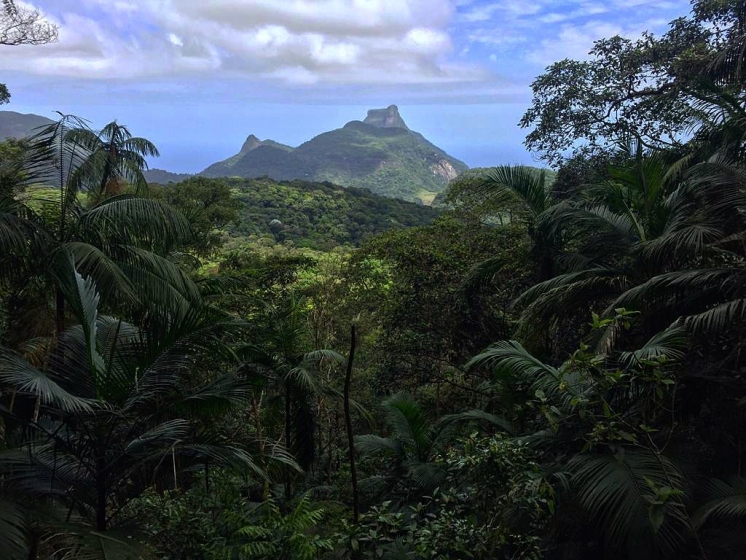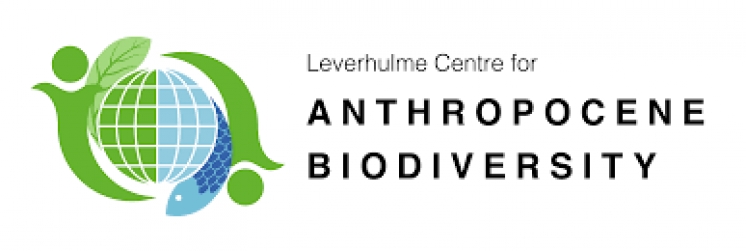News
“WHAT WILL HE GROW TO” OR THE LESSONS OF PAST POLLUTION
THE ‘CARIOCA’ MOUNTAIN RANGES AND ITS MULTIPLE STORIES ILLUSTRATED BY THE FOREST OF TIJUCA, RIO DE JANEIRO, BRAZIL
«THREATENED BY THE SANDS OF THE OCEAN SEA!»: THE CHURCH OF SÃO PAIO OF FÃO AS AN OBSERVATORY FOR ENVIRONMENTAL CHANGES (FÃO, ESPOSENDE, PORTUGAL)
Leverhulme Centre for Anthropocene Biodiversity Recruitment
Seven PhD projects are open to apply to, with a total of six studentships available. The projects are available across a range of disciplines and are all connected by the theme of Environmental Knowledge.
LCAB welcomes applicants from any relevant disciplinary background and encourage you to approach the topics from your own perspective.
More info at: https://www.york.ac.uk/professorial-jobs/lcab/
Key dates:
Application deadline: Monday 11 January 2021
Anticipated interview dates: February 2021
Start date: October 2021
More info at:
Naturae theatrum et mundum/ The theatre of nature and the world/ O teatro da natureza e o mundo
This month – "On an old cork oak in Citânia de Briteiros", by Manuel Miranda Fernandes pdf.EN
-------------------------------------
Este mês - "Sobre um sobreiro velho da Citânia de Briteiros", por Manuel Miranda Fernandes pdf.PT
Manuel Miranda Fernandes (CEGOT / FLUP) https://www.researchgate.net/publication/328772341_Acacias_errantes_acacias_infestantes_notas_sobre_a_ascensao_e_queda_de_uma_utopia_florida






